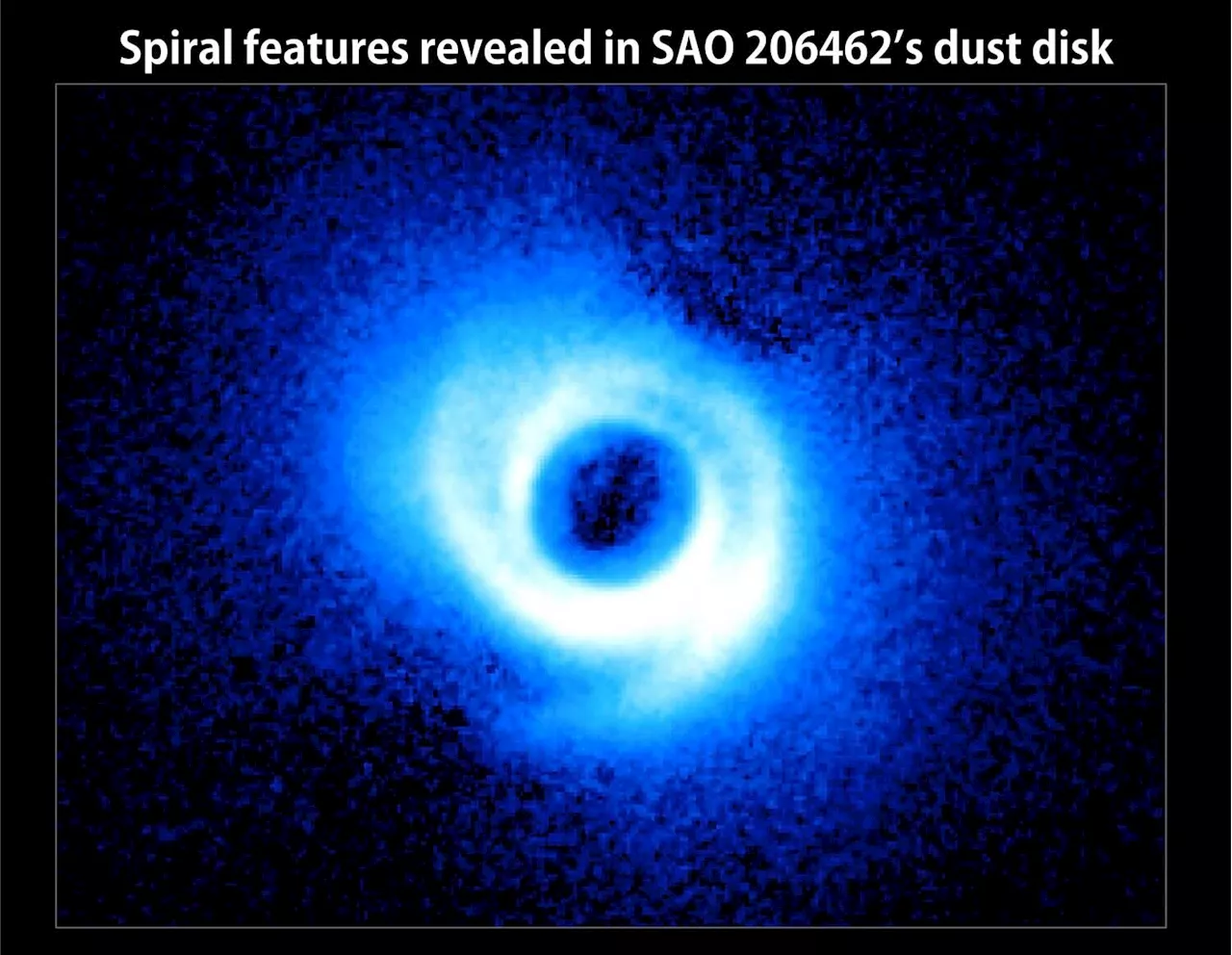Planets form in disks of dust and gas called protoplanetary disks that whirl around a central protostar during its final assembly.
Although several dozens of such disks have been imaged, just two planets have been caught in the act of forming so far. Now, astronomers are aiming the powerful instruments aboard the James Webb Space Telescope at protoplanetary disks to try to find early clues about the ways in which planets form, and how these planets influence their natal disk.
"The problem is, whatever we're trying to detect is hundreds of thousands, if not millions of times fainter than the star," Cugno said."That's like trying to detect a little light bulb next to a lighthouse." HL Tau's disk is known for having several solar-system scale rings and gaps which could harbor planets.
While no new planets were detected in the disk during the most recent observations, the sensitivity is groundbreaking, the researchers say, as it allows them to place the most stringent constraints yet on the suspected planets. For one, the results rule out the existence of additional planets in the outer regions of the MWC 758, consistent with a single giant planet driving the spiral arms.
United States Latest News, United States Headlines
Similar News:You can also read news stories similar to this one that we have collected from other news sources.
 In a Science First, Astronomers Map Water Right Where Planets Are Expected to FormThe Best in Science News and Amazing Breakthroughs
In a Science First, Astronomers Map Water Right Where Planets Are Expected to FormThe Best in Science News and Amazing Breakthroughs
Read more »
 Astronomers conduct first search for forming planets with James Webb Space TelescopePlanets form in disks of dust and gas called protoplanetary disks that whirl around a central protostar during its final assembly. Although several dozens of such disks have been imaged, just two planets have been caught in the act of forming so far.
Astronomers conduct first search for forming planets with James Webb Space TelescopePlanets form in disks of dust and gas called protoplanetary disks that whirl around a central protostar during its final assembly. Although several dozens of such disks have been imaged, just two planets have been caught in the act of forming so far.
Read more »
 Groundbreaking survey reveals secrets of planet birth around dozens of starsA team of astronomers has shed new light on the fascinating and complex process of planet formation. The research brings together observations of more than 80 young stars that might have planets forming around them, providing astronomers with a wealth of data and unique insights into how planets arise in different regions of our galaxy.
Groundbreaking survey reveals secrets of planet birth around dozens of starsA team of astronomers has shed new light on the fascinating and complex process of planet formation. The research brings together observations of more than 80 young stars that might have planets forming around them, providing astronomers with a wealth of data and unique insights into how planets arise in different regions of our galaxy.
Read more »
 Which planets will be visible during the solar eclipse?The peak spectacle will last up to 4 minutes, 28 seconds in the path of total darkness.
Which planets will be visible during the solar eclipse?The peak spectacle will last up to 4 minutes, 28 seconds in the path of total darkness.
Read more »
 Finding Atmospheres on Red Dwarf Planets Will Take Hundreds of Hours of Webb TimeA new paper argues that the JWST needs to spend more time doing 'deep habitability reconnaissance' on exoplanets it's already observed.
Finding Atmospheres on Red Dwarf Planets Will Take Hundreds of Hours of Webb TimeA new paper argues that the JWST needs to spend more time doing 'deep habitability reconnaissance' on exoplanets it's already observed.
Read more »
 Improving a 1960s Plan to Explore the Giant PlanetsSpace and astronomy news
Improving a 1960s Plan to Explore the Giant PlanetsSpace and astronomy news
Read more »
